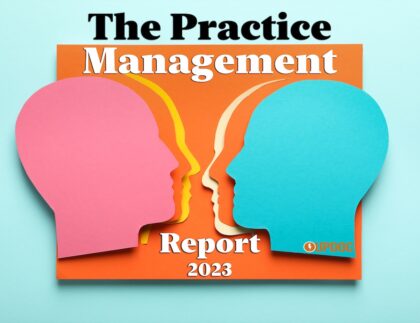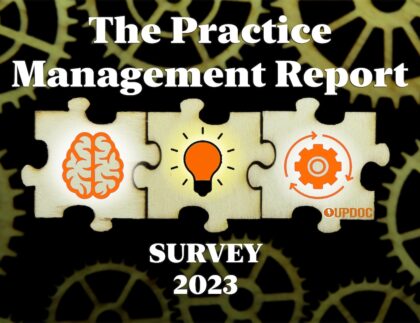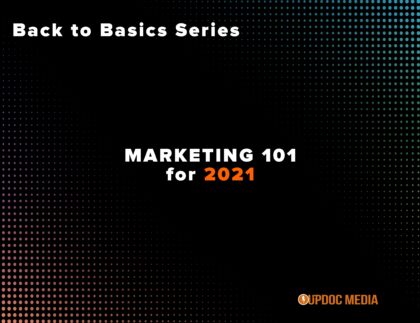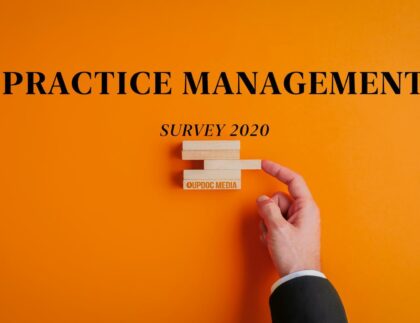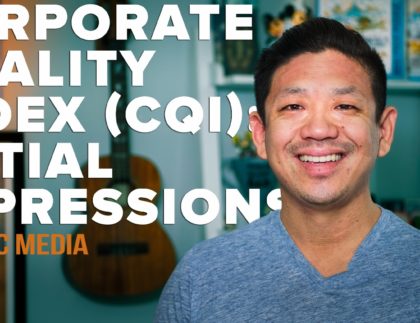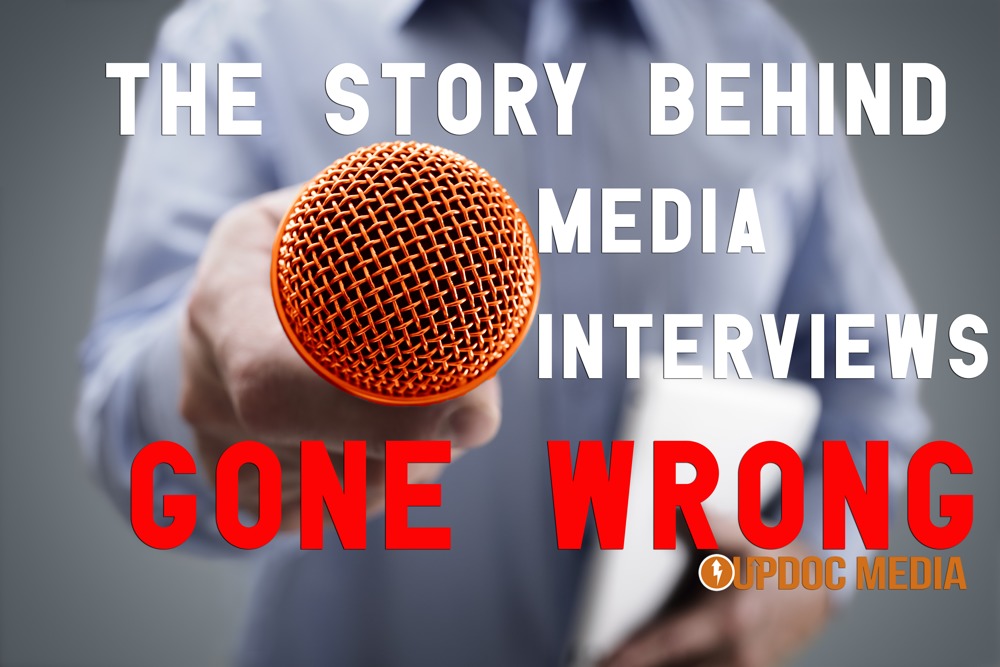
Author: Ben Fung, Chief Operating Officer
Headlines. Good ones, sell like hot cakes… especially if they are shocking or controversial. AND, there’s a certain reality in how these headlines and key quotes get captured, produced, and sometimes… entirely misrepresented.
After all, mass media is a business. It’s something to be real about, proud of even — certainly no shame in the matter as long as we are honest with ourselves and transparent about the process.
However, the process — this hidden process is where things tend to get a little muddy and more often than not… this, is where things go wrong.
You may have noticed that during mass media interviews, particularly in sports and politics (funny how those two work)… people getting interviewed tend to dodge questions and say the same thing in 50 different ways… despite the amount of effort, gentle nudging, or outright prying that the interviewers put forth to get a “better answer” out of the situation.
You’ve probably also seen interviews that come crashing and burning down, get off topic — and, are BEYOND cringe worthy. Well, there’s a story behind why this happens and the sequence of events that happen which explain HOW things went so wrong.
SHOW NOTES:
- Media, of any kind, is a business. There is always a financial purpose or gain involved. Sometimes, it’s of productive and value driven intent. Other times, it’s comes at the cost of others… intentionally or not.
- Every mass media correspondent, journalist, or interviewer has a predefined narrative they are trying to weave together based on the contacts, interviews, and resources they can gather.
- When one gets tapped for a formal media interview, you MIGHT get a 5 – 10 minute phone call or live radio spot; if you’re lucky, you’ll get a live film studio shoot. If you’re very unlucky, you’ll get a pre-recorded video shoot.
- Whatever gets captured, the correspondent and producers will take your quotes to fit their predefined narrative, or, stretch your words with or without your permission.
- More likely than not, you’ll be given a topical list or general questions bank. AND, more likely than not, they won’t follow that list. Their job is to get spicy content from you.
- Therefore, you are likely to get ambushed. Many of the questions are misleading and have ambush points to follow, especially if they can get you rattled.
- If you get off point for even a moment, they will jump all over the tangent to get the better sound bite.
- The LESSON: Always keep to your key messages, core messages, or key points — whatever terminology you prefer. Typically, you will only have time for one or two of these. And, if you have time for a third, they should tie into the prior two. This is how you can ensure you will not be misquoted, misrepresented, or shown as a spectacle after an interview which you thought… delivered a plethora of helpful information — only to discover upon release, that you were produced into a hit piece.

